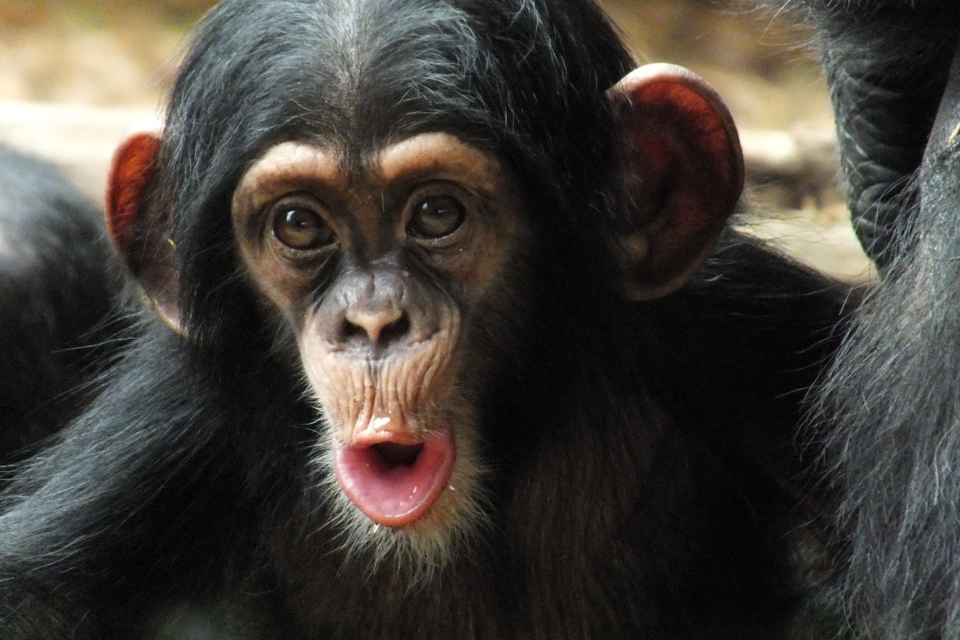Exclusive for zoos.media – 21.11.2018. Author: Philipp J. Kroiß
64.000.000$ were donated to the animal rights industry within very few few years – who is behind this? This article explains the source and problems behind these systems.
Open Philanthropy Project – great donors of the animal rights industry
Many people ask themselves where the animal rights industry gets such large amounts of money from. To answer this question we’re taking a look at some of the greatest donors. One of them is the Open Philantrophy Project (OPP). With less than 2.300 Facebook likes this project doesn’t look like a million dollar company, but activistfacts.com showed that since 2016, 64.000.000$ were donated to animal rights companies.
Connections to HSUS and other questionable organisations
The millions went to several players of the animal rights industry – also to HSUS. Wayne Pacelle, a special assistant of the Ex-CEO of HSUS, was held responsible for the animal´s welfare in the farming industry. “Animal welfare is not the true ideal for Bollard and his allies, but rather animal liberation. A key part of this is stopping the use of animals for food”, reports activistsfacts.com.
ClimateWorks – an obscure organisation with questionable motivation obtained some of the donated money. OPP also supported MoveOn.org – website which makes itself responsible for the rise of Bernie Sanders, whom the HSUS wanted as president, and for whom they not only bid aggressively but also suspiciously.
OPP & The Guardian
The Guardian hast developed an astonishing concept: the founder of the journal, the Scott Trust, founded theguardian.org to obtain tax-privileges on donations, some of which are being used for The Guardian´s special projects. One of the boards guided by John Paton, Ex-CEO of Digital First Media, rules the charitable organisation and decides about the money paid to The Guardian and other recipients.
OPP takes part in the decision making which can clearly be seen in the newspapers articles. As a philanthropist one can influence the Guardian in different ways as the newspaper itself explains here. This way one could support that a certain section of the newspaper be developed. The example always mentioned is the environmental section. Significantly supported was this section by the European Climate Foundation, which is integrated in the ClimateWorks network. The Energy Foundation has also donated, and in turn received 170.000.000$ from ClimateWorks directly.
Who is behind this?
OPP is financed largely by Facebook-co-founder Dustin Moskovitz and his wife Cari Tuna, a former reporter for the Wall Street Journal. The project was initially brought to life as part of GiveWell in cooperation with Good Ventures, which was also established by Moskovitz and Tuna with the aim of spending all or most of the money, before the founders death. These supported the democrats massively.
20 million US-dollars went to Clinton – the third largest donation she received during the presidential campaign. The influence multimillionaires have on politics and media is clearly seen on the couple. This is more or less well disguised, by making the money travel through several foundations.
What is the problem?
The problem can be quite easily explained: People with millions manage to buy their way into politics and the press, in order to be able to launch a certain agenda. An axis of politics, press and NGOs end up influencing the elections and are a dangerous weapon against democracy. Now Clinton hasn´t won, but if the philanthropists haven´t either is another question. Of course extreme positions profit from global polarisation. We have to be for a certain politician or party, if not we are automatically against them, but a critical middle position almost never happens.
Animal rights activists always manage to to find their way to these extremes – although simultaneously. Nazis will march for animal rights just as well as left extremists. The animal rights industry profits from the radicalisation and polarisation of society no matter what direction. This can also be seen on how politicians, carefully said, get supported:
Bezahlt die HSUS Politiker in den USA für deren Entscheidungen?
Whilst in public there is a piling into extremes – it was almost impossible to criticize Clinton without being, even if one was not, painted as a Trump supporter, and vice versa – animal rights activists wait on both sides. The most dangerous thing for them is a critical middle position, which should´t be confused with opportunism.
The problem concerning OPP is, that unfortunately it is possible, if one has the means, to buy an NGO and the appropriate journalistic and political work. This leads democracy to a dead end, because no one can get out. Those who do not, or can´t, make use of this system don´t get heard. Which is why we shouldn´t surrender to the false assumption that republican oriented circles haven´t at least tried the same thing. But is it right that someone could decide these elections, simply because he has used this antidemocratic system better and has more millions available to him?
The problem is simply the lack of transparency – it takes a lot of time to research these connections, taking the OPP example, due to the many intermediate stops the money undertakes on the way. It won´t be possible to prohibit this – what The Guardian, Clinton and OPP do is after all legal. What needs to be ensured by the legislation is a disclosure of monetary flows at NGOs, which profit from government aid thanks to being seen as good for the common public interest. This way it wouldn´t take hours of research over monetary flows and classifications could be undertaken simply on the basis of facts.
